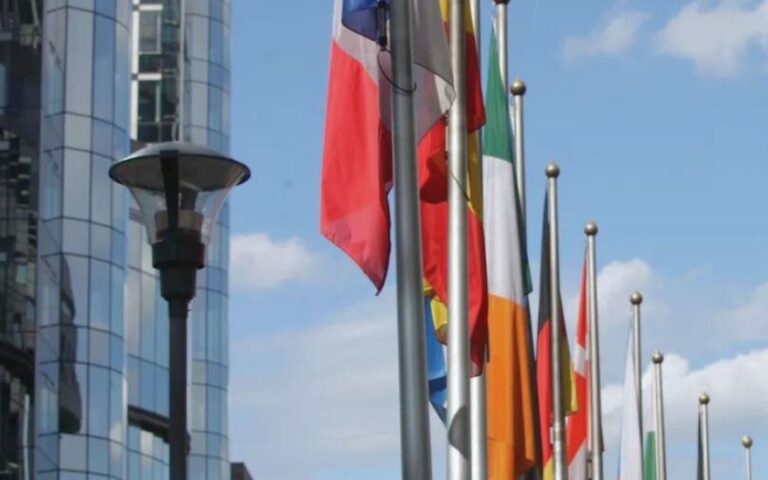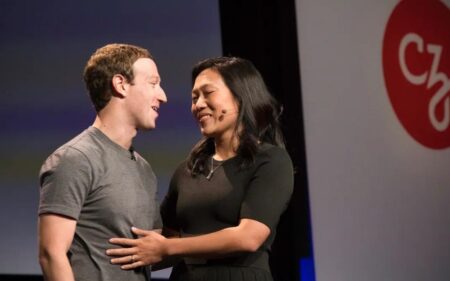Accel, a venture capital firm, has released a research showing that for every venture-backed business valued at $1 billion or more, there are five digital firms born in Europe and Israel.
Based on data from Dealroom, Accel estimates that 221 of the region’s 353 “unicorn” businesses have spawned 1,171 new tech-enabled startup companies as a result of staff departures.
According to a survey published by the same company a year ago, 201 of the 344 VC-backed unicorns spawned 1,018 other firms.
We may look to organizations like Spotify (32) and Delivery Hero (32) and Criteo (31) as prime examples of those whose former employees have gone on to found successful new businesses.
Companies like this are sometimes referred to as “mafias” in the startup community. However, they have nothing in do with the mobs depicted in Italian-American gangster films. There has been a startup mafia for quite some time. Many of the top businesses in the internet industry today had their starts as “mafias,” or enterprises founded by former workers of other organizations.
Elon Musk, who co-founded PayPal, went on to form electric vehicle manufacturer Tesla and space exploration business SpaceX, while Peter Thiel, who co-founded Palantir and is now a well-known investor with his Valar Ventures and Founders Fund VC companies, is best known for his work with big data.
Venture capitalists claim that the risk-taking culture from which these entrepreneurs sprang did not exist in Europe until recently. With the rise of fully developed internet platforms like Skype, Niklas Zennstrom was inspired to launch a venture capital firm. Taavet Hinrikus and Atomico developed the financial technology company Wise.
Thirty years ago, in the Valley, I began my start on the West Coast, in Palo Alto. After that, I’d hear “why would you do that?” from my friends and family in the Netherlands when I returned home. What’s stopping you from applying at Shell or Unilever? Partner at Accel Harry Nelis said as much to CNBC.
“Now, unless you came out of university and studied exactly the same way that I did, and you go straight into a startup—not like a raw startup but an established one where you can learn a trade and then you have your career already—it’s that kind of new philosophy that will, I think, help Europe over time, and has been helping the ecosystem.”
These days, companies like Spotify, Delivery Hero, Klarna, and Wise may rightfully call themselves “founder factories.”
Fintech has the highest concentration of recently formed startup mafias, accounting for almost 20% of European firms spawned from unicorns.
According to Accel, more than half of all new startups formed by former workers of unicorns in Europe and Israel are headquartered in the same location.
According to Accel, 127 new companies were created in Tel Aviv by spinning off 33 unicorns. This makes Tel Aviv the biggest single center for developing startup factories. London has the most startup factories in Europe, with 27, followed by Berlin with 25 and 165. London’s 185 businesses included 27 unicorns.
More than 59% of companies with roots in so-called startup mafias have successfully raised venture capital, with 45% securing investments of $1–10 million.
The information is also helpful for understanding the steps individuals take to become entrepreneurs.
According to Accel, the average age of second-generation founders is 33, and it takes them 28 months to launch their own firms.
Sixty percent of second-generation founders have master’s degrees, and three-quarters have bachelor’s degrees or above.
More than 59% of companies with origins in so-called startup mafias have successfully raised venture capital, with 45% raising between $1 million and $10 million and 30% raising more than $10 million.




